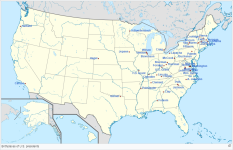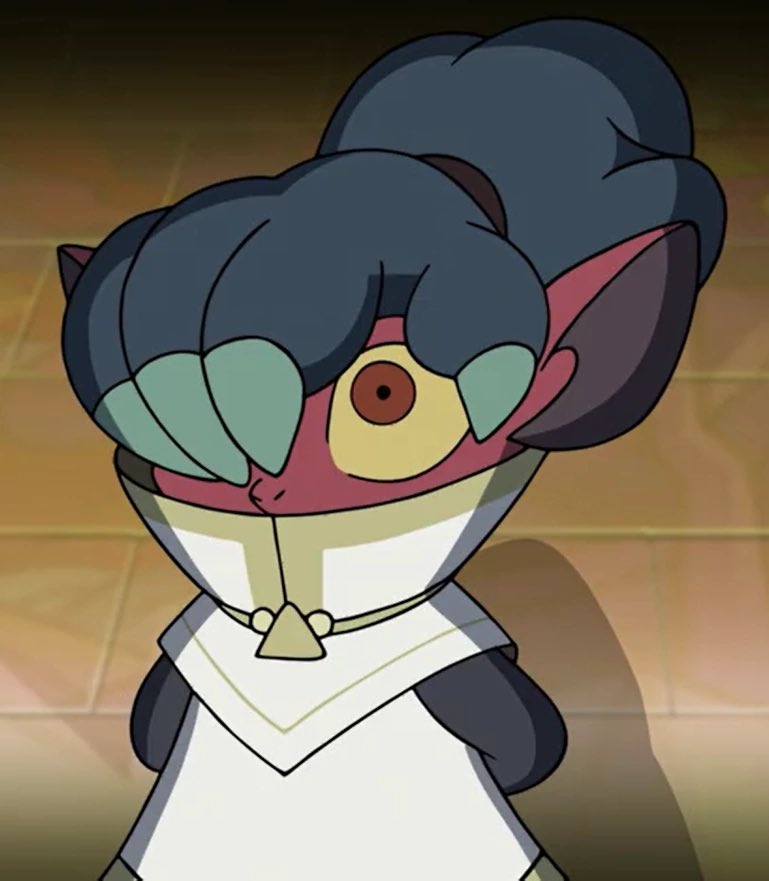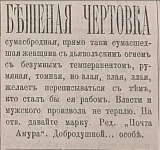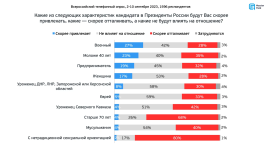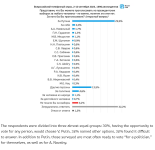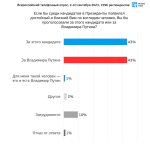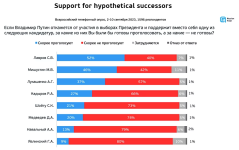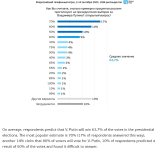Meppo
Anticommunist Mole
- Location
- Default City, Russia
- Pronouns
- he/him
Inspired by @Peppermint Cardboard who I happen to share a server with
switch to French | language: ENG
SANS COUPURES
24 AUG 2023, THURSDAY | 23:32
Latest | Top of the Month | Your Feed
switch to French | language: ENG
SANS COUPURES
24 AUG 2023, THURSDAY | 23:32
Latest | Top of the Month | Your Feed
- Hawley concerned by damage in Lorraine brought on by "devastating" hurricanes
- Chinese generals visit Abyssinia following invitation by Tsige
- Sicilian PM praises Hawley after summit: "He's a kindred spirit"
- China cancels summit, spurns Russia over Amur dispute
- Atlantean ex-PM Andrew Cuomo to be jailed for 15 years
- General Roy Flynn appointed Minister of National Defence
- Russophone ready-to-eat chain to open first branch in New France
- Korea votes as "the bishop" seeks third term
- Murder in Wilno stirs tensions between the Commonwealth's communities
- Former CL captain Gerard Hilberg passes away at 55 after losing battle against cancer
Last edited:


